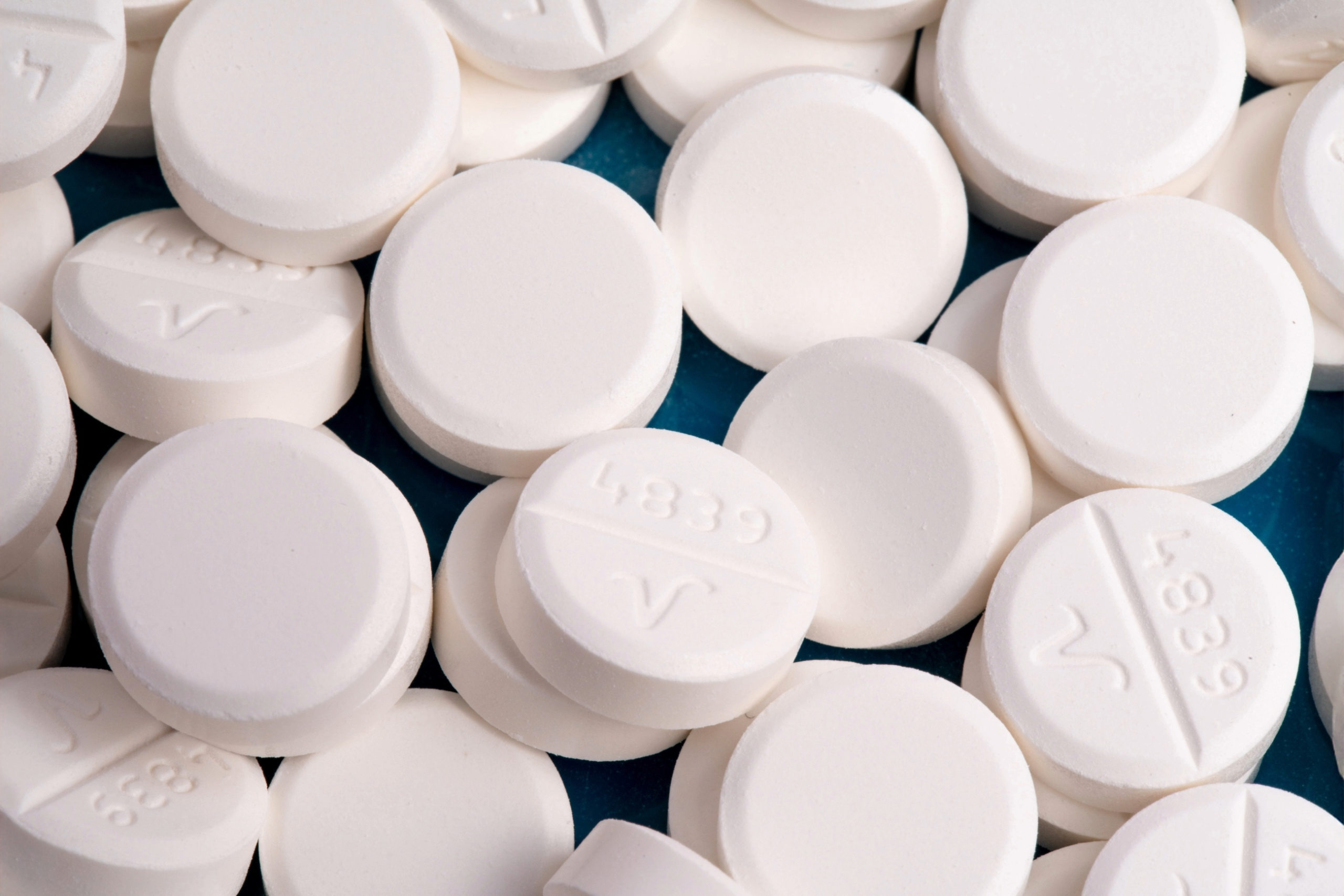At The Flynn Law Firm, we are proud to provide exceptional legal representation for individuals facing drug-related charges in Northern Virginia, including Arlington, Fairfax, and Alexandria. As an African American-owned firm, we understand the deep-rooted challenges and systemic inequities that often arise in drug-related cases. We are here to fight for justice and ensure you receive the fair treatment you deserve.
Our Commitment to Justice
Drug-related offenses can carry severe penalties, from fines and probation to lengthy prison sentences. They can also have a lasting impact on your employment, housing, and overall future. At The Flynn Law Firm, we focus on more than just defending your case—we work to protect your future, your reputation, and your rights.
As a firm rooted in the community, we take pride in representing clients with integrity, empathy, and an unwavering dedication to justice. Our team has extensive experience in navigating the complexities of Virginia’s drug laws and is prepared to fight tirelessly for you.
Comprehensive Defense for Drug Charges
We handle a wide range of drug-related charges, including:
-
Possession of Controlled Substances (Marijuana, Cocaine, Heroin, Methamphetamine, Prescription Drugs)
-
Possession with Intent to Distribute
-
Drug Manufacturing or Cultivation
-
Drug Trafficking
-
Prescription Drug Fraud
-
Conspiracy to Commit Drug Offenses
Our Approach to Your Case
Personalized Strategy: We take the time to understand your unique situation, reviewing all evidence and identifying weaknesses in the prosecution’s case.
Challenging Law Enforcement Practices: We examine whether your constitutional rights were violated during a stop, search, or arrest.
Exploring Alternatives: When appropriate, we advocate for diversion programs, rehabilitation, or reduced sentencing to minimize the impact of charges on your life.
Trial-Ready Representation: If your case goes to trial, our skilled litigators will fight aggressively for your acquittal.
Why Choose Us?
-
Community-Centered Advocacy: As an African American-owned firm, we are uniquely positioned to understand and address the systemic disparities that disproportionately affect our communities in drug-related cases.
-
Experience: With years of experience in Northern Virginia’s courts, we bring deep knowledge of local judges, prosecutors, and legal procedures to every case.
-
Unwavering Dedication: We are committed to ensuring your voice is heard and your rights are protected, no matter how complex the case.
Understanding Drug Laws in Virginia
Virginia’s drug laws are among the strictest in the country, with penalties varying based on the type and amount of substance involved. Understanding these laws is critical to building a strong defense.
For example:
-
Simple Possession of a controlled substance may be charged as a misdemeanor or felony, depending on the drug.
-
Intent to Distribute charges are often based on circumstantial evidence, such as the quantity of drugs or the presence of scales, bags, or cash.
-
Drug Trafficking carries mandatory minimum sentences and federal implications in some cases.
At The Flynn Law Firm, we take the time to explain these laws and your options, empowering you to make informed decisions about your case.
Protect Your Future Today
If you or a loved one is facing drug-related charges in Arlington, Fairfax, Alexandria, or the surrounding areas, don’t wait to secure skilled legal representation. The sooner we begin building your defense, the better your chances of achieving a positive outcome.
Contact us today at 703.310.7624 or fill out our Contact Form to schedule a free, confidential consultation. Let us stand by your side and fight for the justice you deserve.
The Flynn Law Firm
Empowering Communities. Defending Futures. Delivering Justice.


